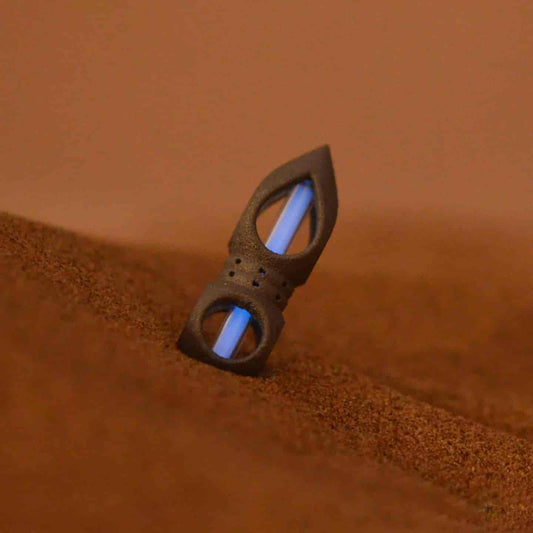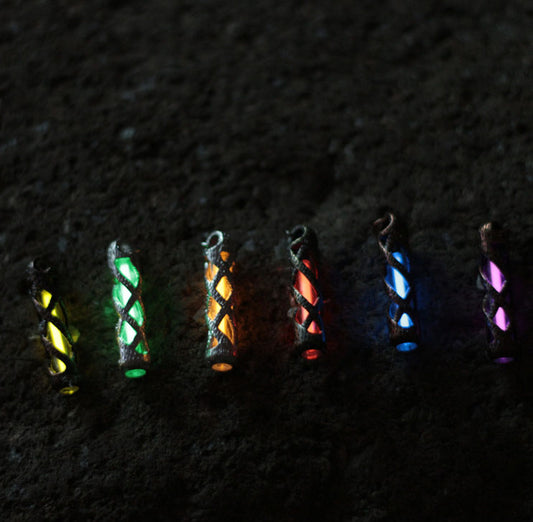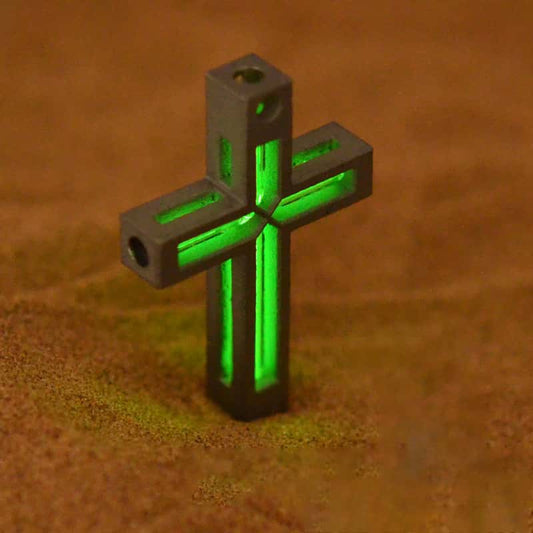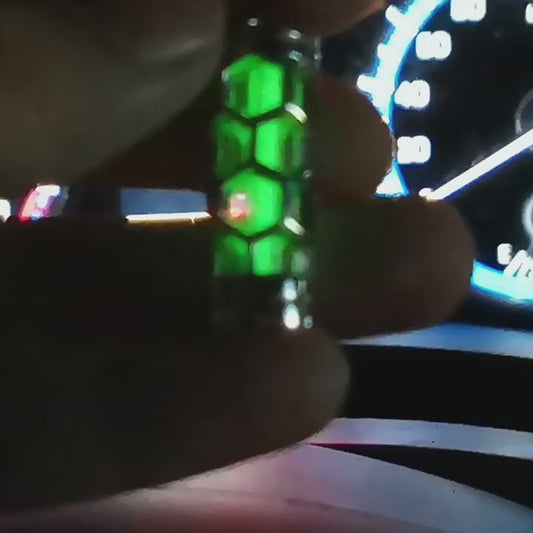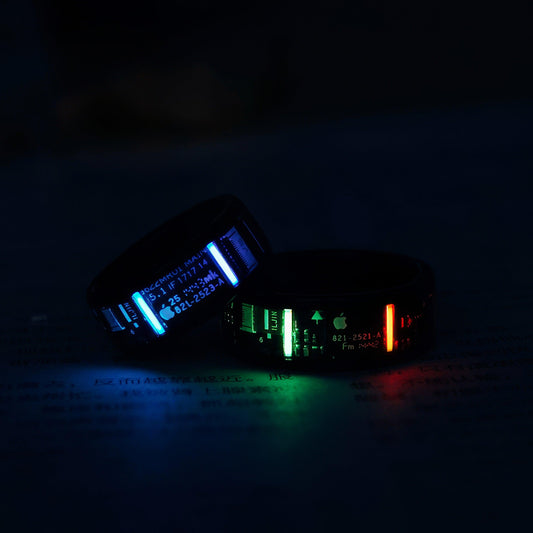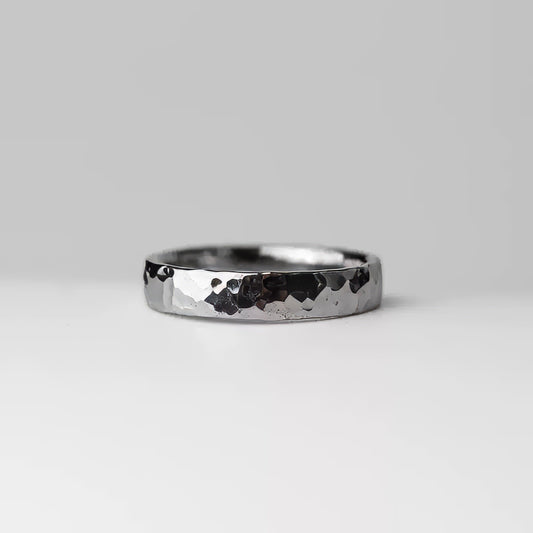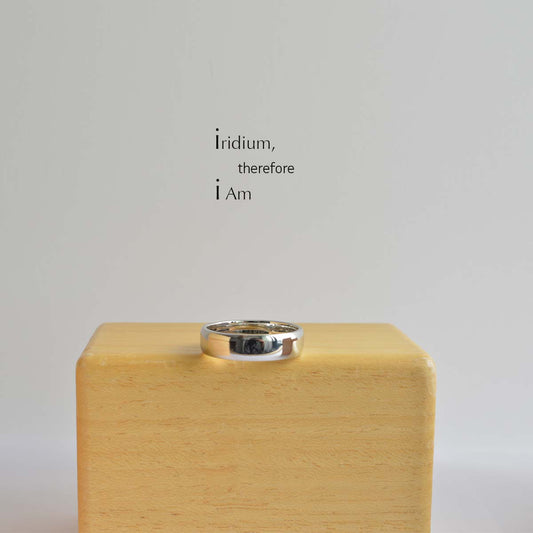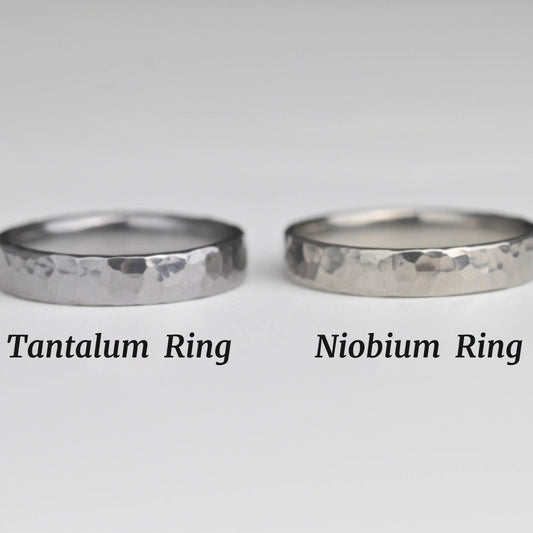Tritium The Glow in the Dark Element
Tritium The Glow in the Dark Element
Among the elements that populate our periodic table, tritium holds a fascinating niche. Represented by the symbol "T" or sometimes "³H", this radioactive form of hydrogen seems almost imbued with sci-fi mystique, thanks largely to its luminescent properties. It's not every day you come across something from the periodic table that affects both science and pop culture in such a bright way—no pun intended.
I first stumbled upon tritium while rummaging through my grandfather's old box of keepsakes. Amid the photos and yellowed postcards, there was a wristwatch with a faint, eerie glow. He explained that the glow was due to tritium, a revelation that sparked a trail of research that led me to appreciate the element’s unique role in our world. It turns out this isotope is widely used in self-illuminating devices, such as watch dials, exit signs, and even some night sights on firearms. It was like discovering that everyday objects had a secret, almost magical component.
Tritium is indeed radioactive, yet its radiation is minimal, emitting low-energy beta particles. This makes it safe for use in consumer products, keeping in mind, of course, the meticulous measures taken during its encapsulation. The half-life of tritium is about 12.3 years, meaning it takes this time for half of a given quantity to decay. The steady, reliable glow it emits as it decays is a reminder of the genius behind using this isotope; it's a perfect instance where science has elegantly merged with practicality.
In a more scientific realm, tritium is a big player in nuclear fusion research. Scientists dream of harnessing the power of fusion as a cleaner, almost limitless energy source, and tritium is often highlighted in these discussions. Though predominantly produced in nuclear reactors, its potential to power the future is both exciting and, admittedly, daunting.
Culturally, tritium holds a rather humble position. Its use in everyday objects keeps it peripheral in our awareness, yet it silently impacts our experiences more than we might acknowledge. The subtle glow of tritium in our gadgets is reminiscent of how overlooked details often enrich our lives.
Reflecting on my grandfather's simple watch, it strikes me how something as complicated as tritium can actually bring about a sense of wonder and nostalgia. Science and life are funny that way—there’s always a glow where you least expect it.
